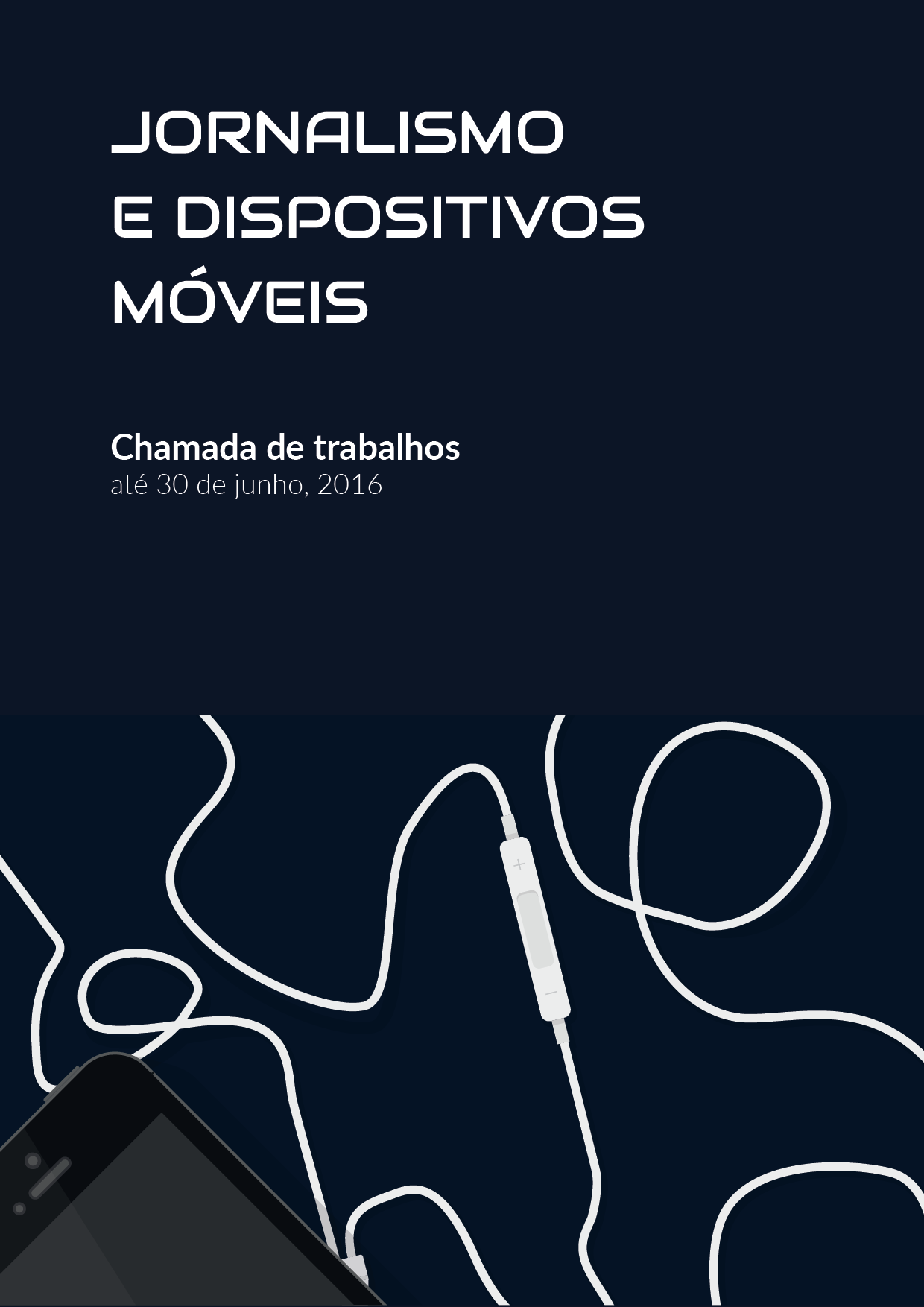JDM'16
The history of journalism is strongly linked to technological advances. Each new technology makes it possible to distribute the news more quickly, taking them further and to a larger number of consumers. Spatial and temporal constraints that have always affected journalism have been losing importance thanks to digitalization and the emergence of new media like the Internet and, more recently, mobile devices.
In the new century, journalism had everything to go through one of the best periods in its history, but that is not the current situation. The rapid technological change and a global crisis had put into question some of the basic principles on which the journalism was based and the companies were not able to respond quickly to new challenges. Without new economic models or ways of responding to the needs of a more demanding public, companies opted for experimentations that in the great majority of cases resulted in successive failures that led to the closure of thousands of newspapers or the dismissal of professionals, which would decrease the final product quality. Today, few doubt that journalism is going through one of the worst periods in its history.
Have technological developments, which have always contributed to the journalism improvement, become its main enemy? But we need to reverse the process, transforming these difficulties into opportunities. The answer may lie in scientific research and so on this 3rd edition of JDM one seeks proposals that open up new perspectives to journalism in one of the most promising fields: the mobile journalism.
With penetration rates of about 100%, increasingly developed multimedia capacities, Internet connection and affordable prices, mobile devices represent an opportunity for the 21stjournalism. The existence of a congress that focus exclusively on the research in this field is, therefore, completely appropriate.
After the first Meeting of the Mountain on the topic held in October of 2009, the event took the form of Congress in 2012, taking place now every two years. In this third edition there will be four working groups and five works per table will be approved.
Theme 1: forms of content distribution for mobile devices
Theme 2: business models for mobile journalism
Theme 3: new languages and new journalistic formats
Theme 4: mobile devices as production tools
IMPORTANT DATES
Submission of extended abstracts (8,000 to 10,000 characters): until 30th June 2016
Acceptance: 25th July 2016
Submission of complete works: 30thOctober 2016
Submission of abstracts: jc[at]ubi.pt







